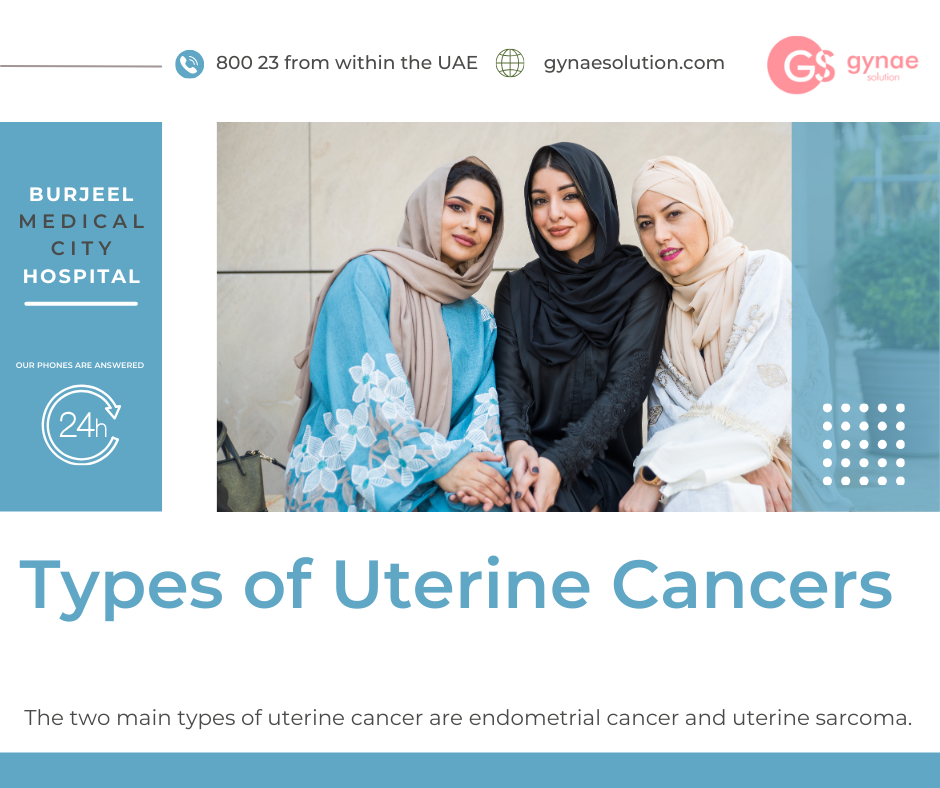Ovarian cancer is a significant health concern for women worldwide. Understanding the risk factors and taking proactive steps to reduce your risk can empower women to safeguard their health.
Risk factors for ovarian cancer
- Age: The risk of this type of cancer increases as you age, with most cases diagnosed in women over 50.
- Family History: A family history of ovarian, breast, or colorectal cancer may increase your risk.
- Genetic Mutations: Inherited mutations in genes like BRCA1 and BRCA2 are linked to higher ovarian cancer risk.
- Reproductive History: Women who have not had children or experienced late menopause may have a slightly increased risk.
- Hormone Replacement Therapy (HRT): Long-term use of HRT, particularly after menopause, has been linked to a higher risk.
- Lifestyle Factors: Smoking, obesity, and a diet high in processed foods may also contribute to increased risk.
How to reduce your risk
- Regular Checkups: Routine gynaecological exams are essential for early detection of ovarian cancer and other conditions.
- Know Your Family History: Share your family’s medical history with your doctor to assess your genetic risk.
- Consider Genetic Testing: If you have a strong family history, genetic counselling and testing for BRCA mutations may be beneficial.
- Maintain a Healthy Lifestyle: A balanced diet rich in fruits, vegetables, and whole grains, combined with regular exercise, can help maintain a healthy weight and reduce risk.
- Oral Contraceptives: Some studies suggest that using birth control pills for several years may lower this type of cancer risk. Discuss this with your doctor.
- Avoid Smoking: Smoking cessation is crucial not only for reducing this type of cancer risk but for overall health.
At Gynae Solution, we prioritise women’s health by offering expert advice and comprehensive care. If you’re concerned about your ovarian cancer risk or need support, don’t hesitate to reach out. Early detection and prevention are key to living a healthier, fuller life.




0 Comments